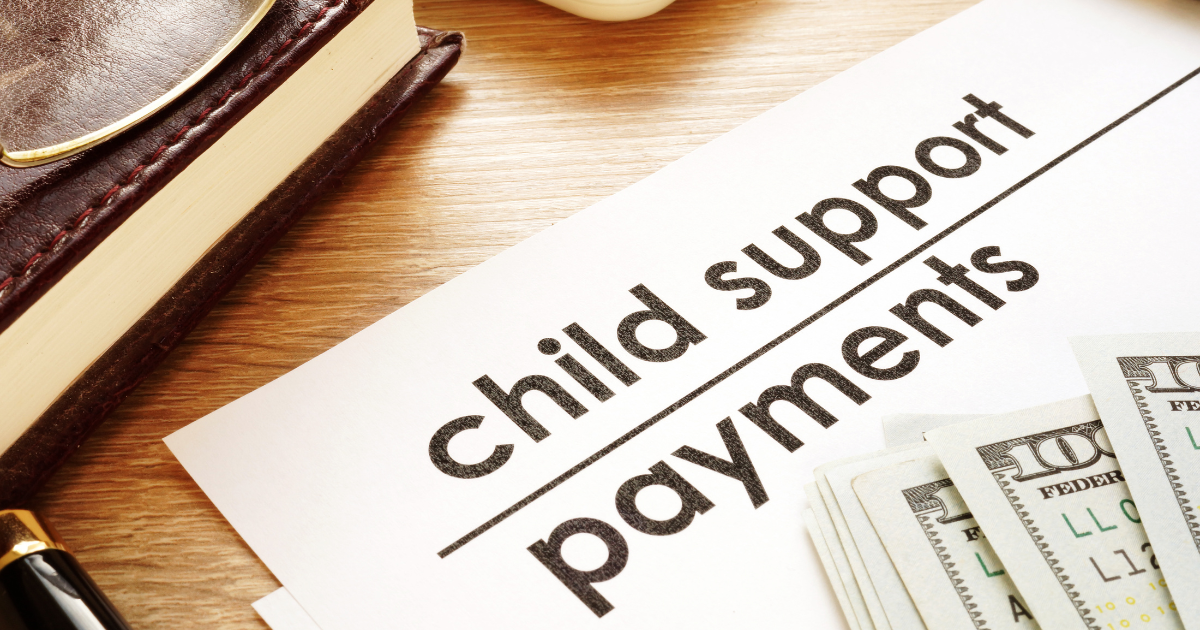Middlesex County Divorce Lawyer
Divorce is never an easy decision. Navigating this legal process can feel overwhelming, but with the right guidance, you can protect your rights and secure a fair outcome. At Thakkar Family Law, we are committed to helping you through every step of the process with compassion and skill. Our goal is to ensure that you feel informed, supported, and empowered as you move through this difficult time. You are not alone in this journey.
Understanding New Jersey Divorce Laws
New Jersey has specific laws governing divorce, and understanding them is crucial for ensuring that your case proceeds smoothly. New Jersey is a no-fault divorce state, meaning neither spouse must prove fault or wrongdoing to file for divorce. Instead, the most common grounds for divorce are “irreconcilable differences,” which simply means the marriage has broken down and cannot be repaired.
However, fault-based grounds do exist and may include reasons such as adultery, desertion, or extreme cruelty. In these cases, proving fault can sometimes influence the distribution of assets, spousal support, or child custody, although it is not guaranteed to have a significant impact. Awareness of these factors and their potential influence on your case is essential.
Are There Requirements to File for Divorce in New Jersey?
When you file for divorce in New Jersey, you must meet the residency requirement. At least one spouse must have lived in the state for at least one year before filing, except in cases of adultery, where the requirement does not apply. These details can make the divorce process more complex, but working with an experienced Middlesex County divorce lawyer can ensure that you follow the correct procedures and protect your interests.
What Issues Need to Be Resolved in Divorce?
Divorce is about more than just ending a marriage. You will need to address several key issues, including the division of assets, child custody, child support, and alimony. Each of these elements can significantly impact your future, so it is essential to understand how the courts handle them in New Jersey.
How Is Marital Property Divided?
New Jersey follows the principle of equitable distribution when dividing marital property. This means the court will divide assets fairly but not necessarily equally. Marital property includes most assets acquired during the marriage, such as the family home, retirement accounts, and vehicles. However, property owned before the marriage or received as a gift or inheritance is typically considered separate property and is not subject to division.
The court considers several factors when dividing property, including the length of the marriage, each spouse’s financial situation, and the contributions each spouse made to the marriage. Working with a skilled Middlesex County divorce lawyer can help ensure that your assets are valued accurately and divided in a fair way.
How Is Child Custody and Child Support Determined?
If you and your spouse have children, determining custody will be one of the most important aspects of your divorce. New Jersey courts focus on the child’s best interests when making custody decisions, considering factors such as each parent’s ability to care for the child, the child’s relationship with each parent, and the stability of each parent’s home environment.
There are two types of custody in New Jersey: legal custody and physical custody. Legal custody refers to the right to make major decisions about the child’s life, such as education and healthcare. Physical custody refers to where the child will live. Joint custody is common in New Jersey, where both parents share legal custody, and the child spends time with both parents. However, sole custody may be awarded if the court determines it is in the child’s best interest.
Child support is another key issue that must be addressed. In New Jersey, child support is determined based on the state’s child support guidelines, which consider each parent’s income, the number of children, and the amount of time the child spends with each parent. The goal is to ensure that the child maintains a similar standard of living after the divorce as they had during the marriage.
Is Alimony Automatically Awarded?
Alimony, or spousal support, is not automatically awarded in every New Jersey divorce. The court may order one spouse to pay alimony to the other if there is a significant financial disparity between them. Several types of alimony exist in New Jersey, including open durational, limited duration, temporary, reimbursement, and rehabilitative.
The court considers several factors when determining whether alimony is appropriate, such as the length of the marriage, the standard of living during the marriage, and each spouse’s ability to earn a living. Temporary alimony (pendente lite) may be awarded during the divorce process to help one spouse maintain their lifestyle until the divorce is finalized.
Why Choose Thakkar Family Law for Your Middlesex County Divorce
At Thakkar Family Law, we understand that divorce is a deeply personal and emotional process. Our team is dedicated to providing you with the legal support and guidance you need to make informed decisions and confidently move forward. We believe in a client-centered approach, where your needs and goals are our top priority.
Our experience in handling complex divorce cases ensures that no matter what challenges arise during your case, we are prepared to protect your rights. We will help you understand the legal divorce process, navigate negotiations with your spouse, and represent your best interests in court if necessary. From asset division to high-asset divorce, we are here to provide the compassionate and effective representation you deserve.



